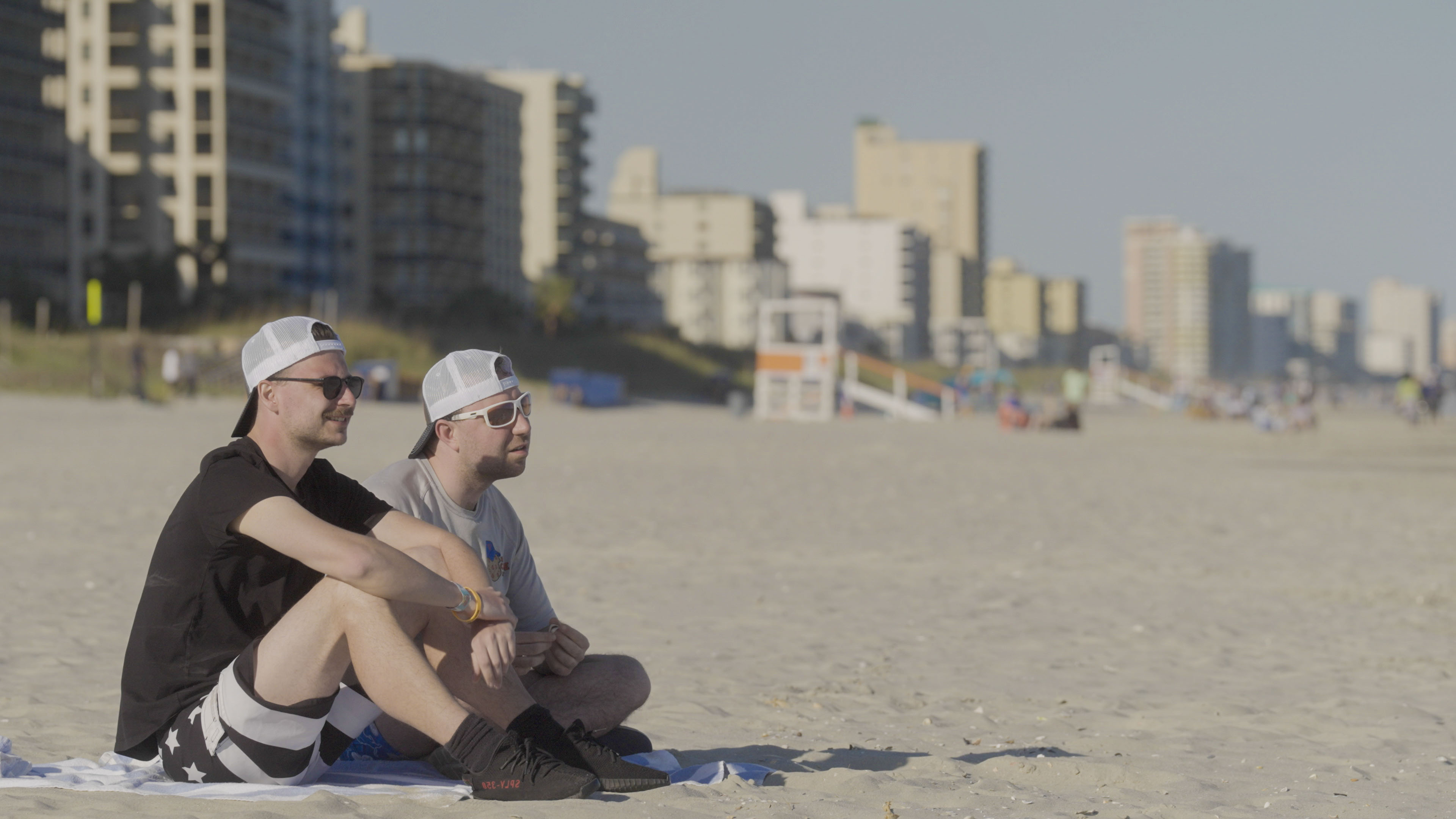
By embracing inclusivity, DMOs can unlock a broader market, enhance the visitor experience and foster positive social impact.
In the world of travel today, inclusivity isn’t just the right thing to do—it’s a strategic must for any Destination Marketing Organization. Inclusive travel ensures that destinations are accessible to all, regardless of physical ability, neurodiversity, cultural background or age. By embracing inclusivity, DMOs can unlock a broader market, enhance the visitor experience and foster positive social impact.
Autism-Friendly Initiatives
According to a recent study, 87% of families with members on the autism spectrum don’t travel. But 93% of those families have stated that they would travel if more autism-certified options were available. That is a massive audience that has remained largely untapped by destinations worldwide.
Some standout DMOs have really raised the bar for inclusivity by earning certifications as autism-friendly destinations. Places like Visit Mesa, Visit High Point and Visit Myrtle Beach have made impressive strides in this area. Each of these cities has gone the extra mile to receive official autism-certified status, making them pioneers in making travel welcoming for everyone.
Additionally, Visit Myrtle Beach unveiled their new owned-media docuseries, Traveling the Spectrum, which follows three families with members on the spectrum as they overcome challenges and discover the joys of traveling together in Myrtle Beach. This series is a brilliant example of a strategy for any destination focused on accessibility. It's not just about being certified or making your spot more accessible; it’s about showing the world what you’re doing. By documenting these efforts, you're connecting on a deeper level with your audience and truly showing the heart behind your destination.
More and more destinations have undergone staff training, environment modifications and service adaptations to create a welcoming atmosphere for visitors on the autism spectrum. This not only caters to an underserved audience but also positions these destinations as thoughtful, caring places that prioritize visitor comfort and safety.

Comprehensive Accessibility
Inclusivity encompasses a range of initiatives aimed at removing barriers for those with physical disabilities as well. I often say that a destination’s brand is the sum of all of its touchpoints that it has with the outside world. One of these important touchpoints is the destination’s accessible offerings. This includes accessible public transportation, wheelchair-friendly accommodations and attractions and readily available information about the accessibility of sites and services.
Las Vegas is a great example of an accessible destination, with accessible hotels, trained staff, an airport that goes above and beyond to accommodate all abilities and more. It’s no surprise that Las Vegas often tops lists of most accessible destinations. DMOs must advocate for and promote infrastructural changes that facilitate ease of movement and access, ensuring that all visitors can enjoy their travel experiences fully. Destinations need to collaborate with stockholders and local government officials to plan, implement and promote these initiatives.
Cultural Inclusivity
Cultural inclusivity involves providing multilingual support, respecting cultural practices and promoting diverse local communities' history and heritage. According to the 2023 Booking.com Sustainable Travel Research Report, 75 percent of travelers “seek authentic experiences that are representative of the local culture.” This proves that travelers are looking for what makes your destination unique, not cookie-cutter experiences that can be done anywhere. Training local businesses and staff in cultural competence can lead to more meaningful interactions between visitors and locals, further boosting the destination’s appeal.
Economic Accessibility
Travel shouldn't just be a privilege for the well-off. Economic inclusivity involves creating budget-friendly options that do not compromise on quality. Promoting a range of affordable accommodations, attractions and dining options is essential. DMOs can work with local businesses to create packages and discounts that attract a wider economic demographic, thus democratizing travel and its benefits. Destination marketers can also create varied itineraries catered to any budget, showing that anyone can have a good time, no matter their price point
Digital Accessibility
In the digital age, accessibility also means ensuring that online content is reachable and understandable to all. In the past, I’ve expressed how many DMO websites need to change with the times. Because of the constantly changing landscape of some destinations, it’s not uncommon for DMO websites to have 20 to 30% of their links broken at any time. Speaking from personal experience, I have never been able to book a trip solely from a DMO website.
Here's a way to take your destination's website to the next level: consider integrating a custom GPT, tailored specifically for your visitors. This AI bot would act as a digital concierge that knows every nook and cranny of your destination. Potential visitors can enter their interests and receive a personalized itinerary in seconds. This isn't just convenient; it transforms the planning process into an interactive experience, ensuring that every traveler can see your destination through a lens that’s uniquely tailored to their preferences. This kind of targeted engagement not only boosts visitor satisfaction but also enhances the overall perception of your destination as tech-forward and customer-centric. My company, Relic, is running a pilot program for these custom destination GPTs. Email me at [email protected] to learn more about this.
The journey towards full inclusivity is continuous and evolving. DMOs play a pivotal role in this by setting standards, championing accessibility and promoting inclusivity in all aspects of travel. By doing so, they not only enhance the reputation and attractiveness of their destinations but also forge a path toward a more inclusive, welcoming travel industry.
Inclusivity is not just about making travel possible for everyone; it's about making it enjoyable for everyone. As the world becomes more aware and accepting of diverse needs, the destinations that prioritize inclusivity will not only see growth in visitor numbers but also in their community's economic and social health. This is the future of travel—open, inclusive and enriching for all


